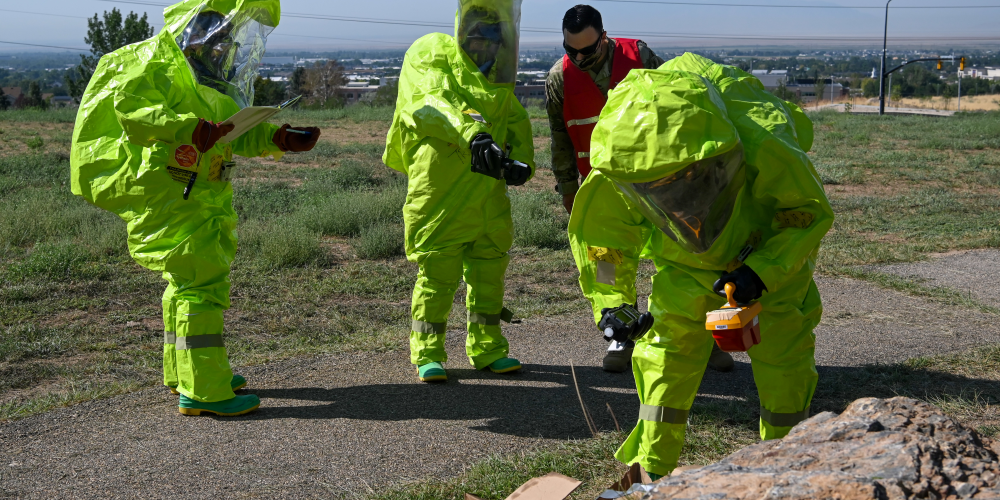In recent years, the public has become more familiar with rapid biological diagnostic technologies for diseases due to the prevalence of at-home COVID-19 test kits and the 24-48-hour polymerase chain reaction (PCR) tests completed in a laboratory. Developing effective tools like rapid COVID-19 tests takes a tremendous amount of performance data. As is the case in many other disciplines, the way to create the best product is to work with large data sets. Large amounts of biological data ensure accuracy of results by providing various points of comparison between samples, which help to keep a record of various data. The Joint Program Executive Office for Chemical, Biological, Radiological and Nuclear Defense’s (JPEO-CBRND’s) Joint Project Lead for Chemical, Biological, Radiological and Nuclear Defense Enabling Biotechnologies (JPL CBRND EB) leads efforts to collect diverse data from across the world with the purpose of using it to ensure relevant and effective performance of biological detection tools.
JPL CBRND EB provides the joint force, other U.S. governmental agencies, and international partners with high-quality, standardized biological detection capabilities that can identify and characterize biological agents. In 2012, JPEO-CBRND began an initiative called Targeted Acquisition of Reference Materials Augmenting Capabilities (TARMAC) to ensure its portfolio of assays and reagents were effective in the rapidly evolving biodefense environment, creating the basis for large biological data collecting. TARMAC aims to improve Warfighter defense posture and readiness by collecting data samples of biological agents from around the world to expand the repository of biothreat reference materials.
Through TARMAC, JPL CBRND EB gathers biological information from across the world on known and emerging threats to improve upon existing capabilities and support the development of medical countermeasures (MCMs). TARMAC engages with established laboratory sites in strategic locations around the world, to proactively close gaps in the biological detection product portfolio through data generation, verification of existing capabilities against these data sets, and gathering existing reference material. This is a collaborative engagement with the partner labs in which the JPL CBRND EB aids in building next-generation sequencing technologies and training capacity and establishes resources for rapid response.
“The work we do for TARMAC is important because our Warfighters must be successful in many different situations, climates, and domains. We need to know what kinds of threats they could face,” said Bryan Necciai, Director of the Defense Biological Product Assurance Office, JPL CBRND EB. “Working with international partners enables us to obtain data from various countries, which gives us a broad data set to understand all the threats that are potentially out there. The more information we have, the greater the breadth of threat space we can cover and to protect the joint force.”


